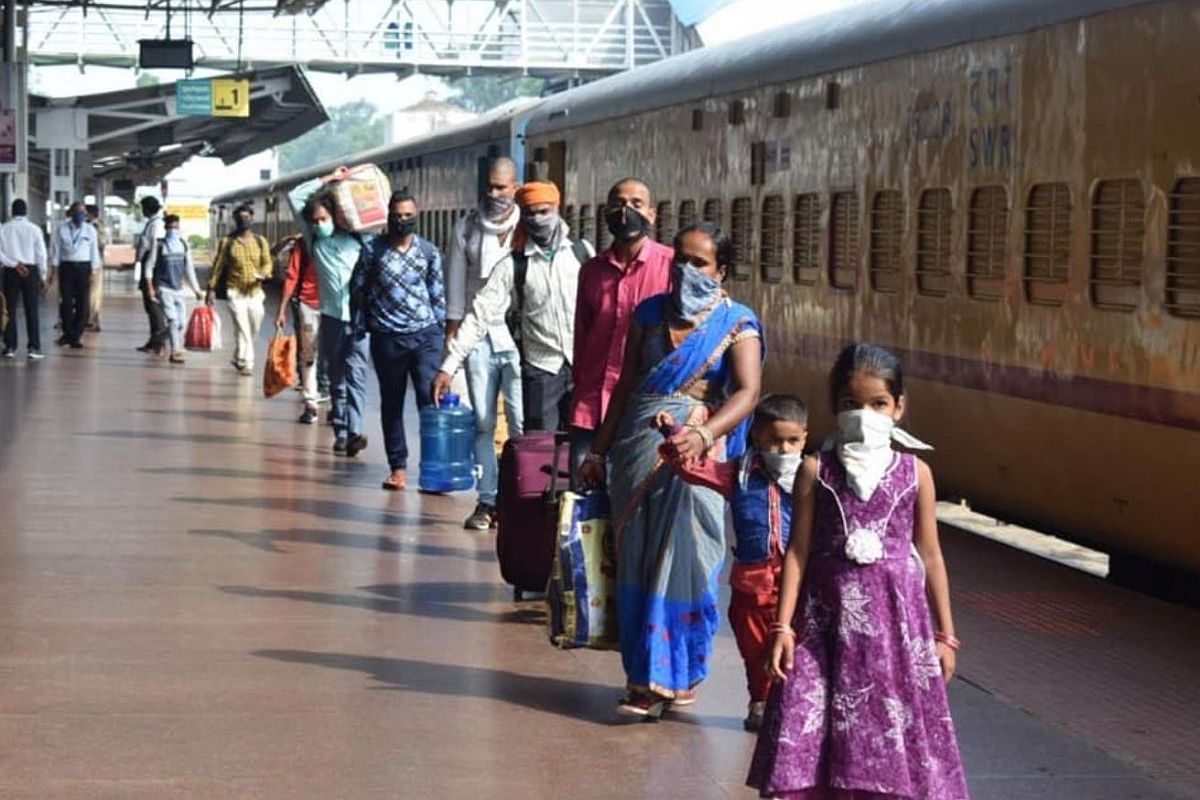Facing stiff resistance from pressure groups regarding the influx of migrant workers, the Meghalaya government has amended the Meghalaya Identification, Registration (Safety and Security) of Migrant Workers Act, 2020. The revised Act now mandates rigorous scrutiny of the backgrounds of migrant workers.
To enhance security, the government will leverage the central Crime and Criminal Tracking Network System (CCTNS) to meticulously verify the backgrounds of all migrant workers. Only those without any criminal records will be permitted to join Meghalaya’s workforce.
Advertisement
Local police will have the authority to verify the antecedents of migrant workers using the CCTNS system data. The Labour Department will collaborate with state police to ensure the proper recording and registration of verified migrant workers.
Additionally, the cabinet has decided to increase penalties to deter violations. Offenders will face a hefty fine of Rs 1 lakh and imprisonment for a term not exceeding three months for repeated offenses.
These amendments aim to establish stricter guidelines for interstate migrant workers, aiming to prevent any potential increase in crime rates in Meghalaya.
The move comes amidst Khas Students’ Union (KSU) escalated its anti-migrant drive in Meghalaya, amid growing concerns over undocumented workers in the region.
On Wednesday , the KSU expelled over 21 migrant workers from various construction sites in the Mawlai area after discovering they were working without valid documents.
In a statement, the KSU reported that they conducted checks on work permits and found more than 21 migrant workers without proper documentation.
The KSU emphasized that this action is part of their ongoing efforts to pressure the Meghalaya government to enforce the Meghalaya Residents Safety and Security Act (MRSSA) 2016 and the Inner Line Permit (ILP). These measures, according to the KSU, are essential to protecting the rights and interests of the indigenous people of Meghalaya by controlling the influx of undocumented workers.
The MRSSA, enacted in 2016, aims to enhance the safety and security of residents by regulating the entry of non-residents into Meghalaya. It mandates the registration of outsiders and the issuance of permits for specific durations. Despite its introduction, the KSU has expressed dissatisfaction with its implementation, arguing that lax enforcement has allowed undocumented workers to thrive.
The ILP, a colonial-era regulation, requires outsiders to obtain a permit before entering certain protected areas in India, including parts of the Northeast. The KSU has been a vocal advocate for the ILP’s implementation in Meghalaya, viewing it as a critical tool for managing migration and preserving the cultural and demographic integrity of the state.
Meghalaya Chief Minister Conrad Sangma had said recently that to work in Meghalaya no one needs any working permit and no organisation have any right to take up the law in their hand.
He added that the government is working on improving the implementation of the MRSSA and is in discussions regarding the ILP.
The KSU, however, remains steadfast in its demand for stricter enforcement. “The safety and security of our indigenous people cannot be compromised. We urge the government to take immediate action and implement these laws effectively,” a KSU representative stated.











